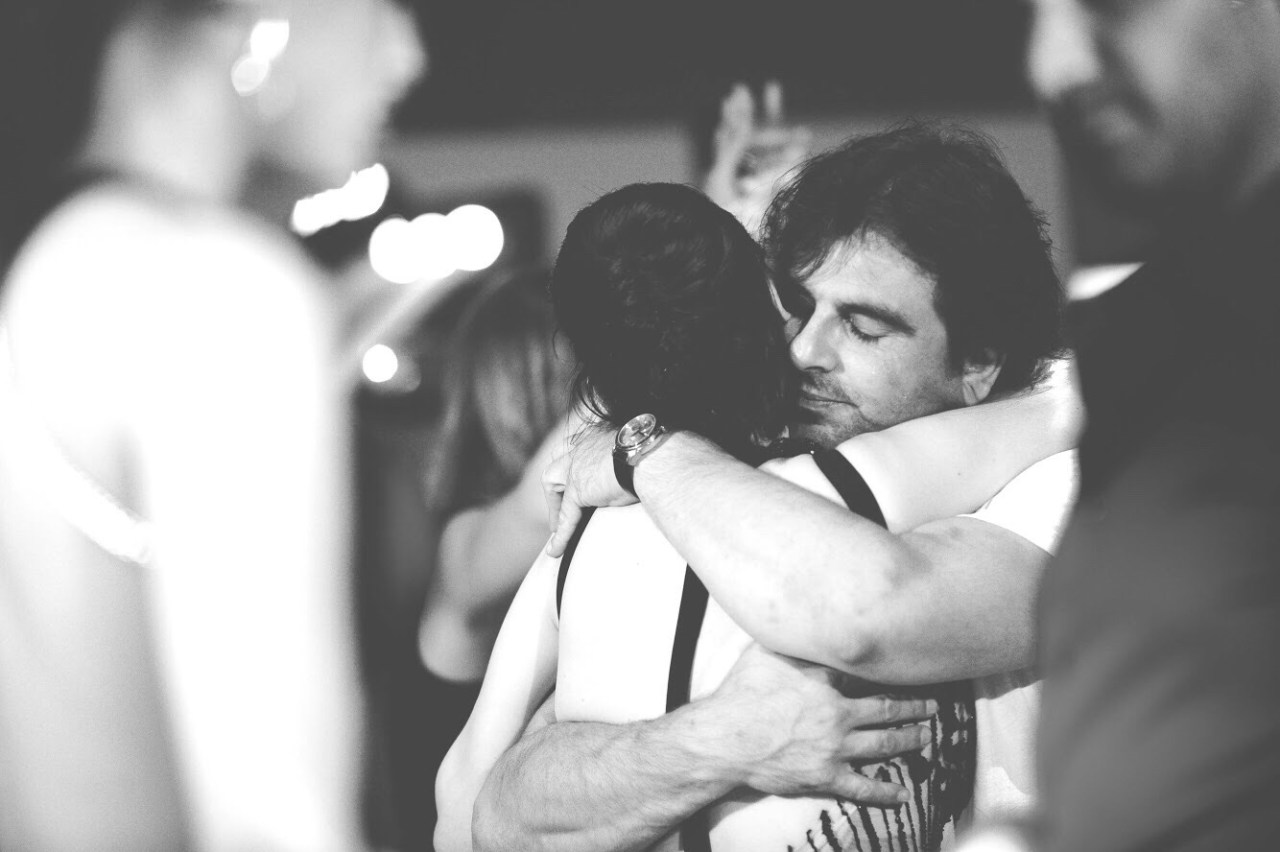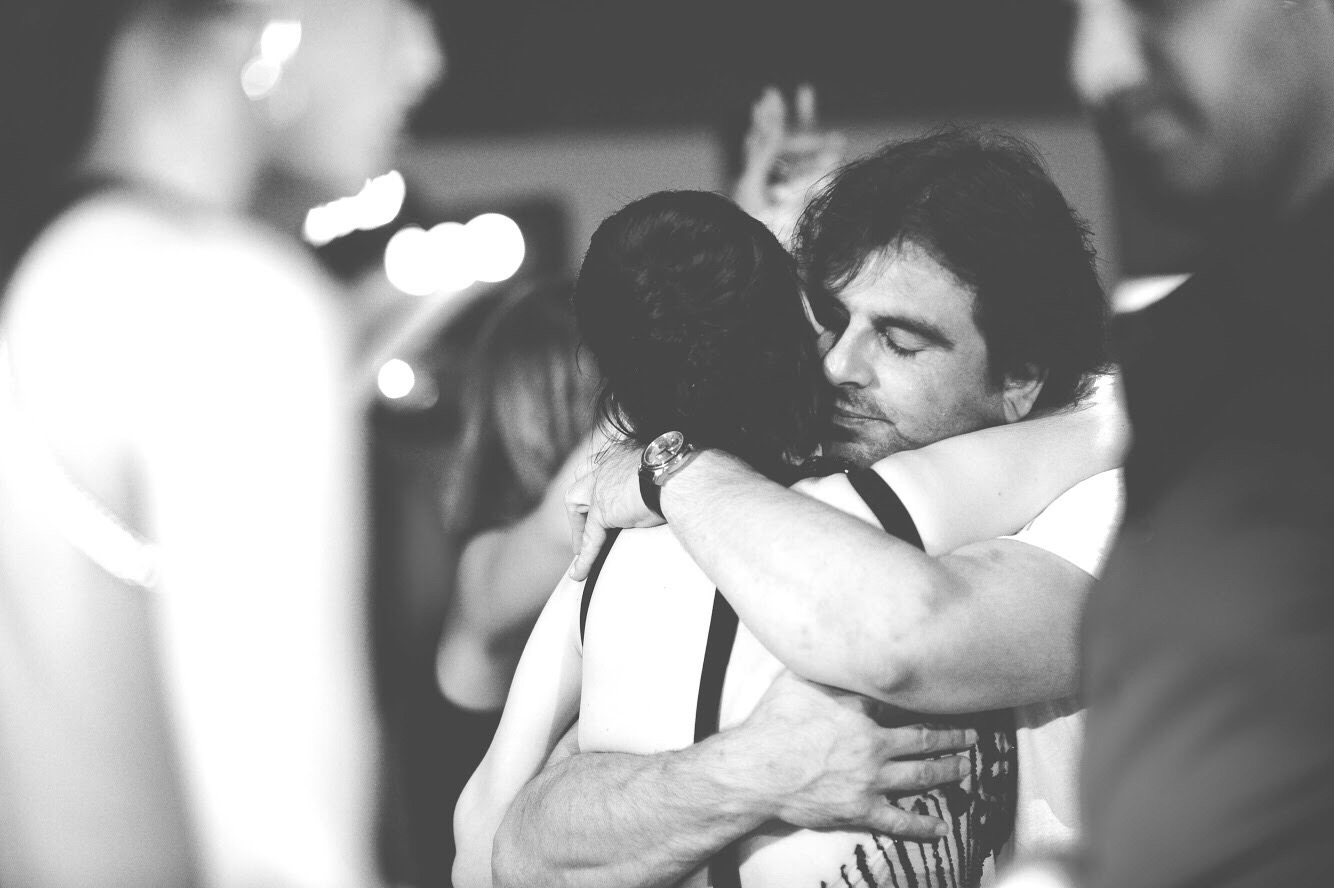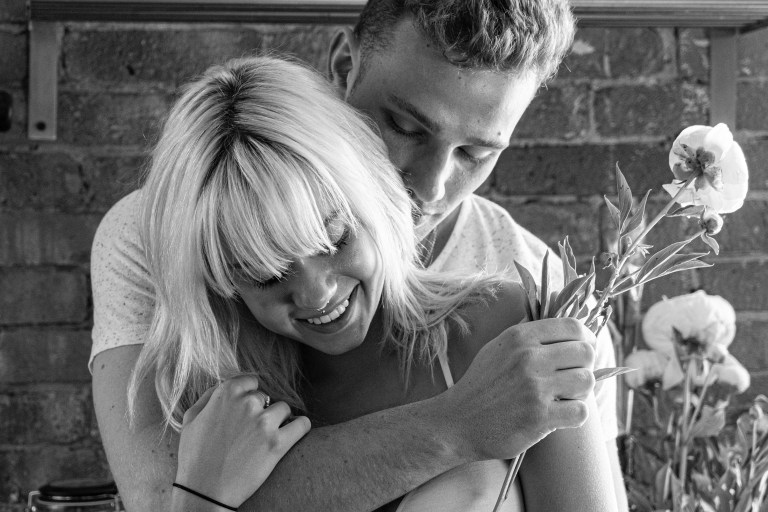
Some Thoughts On How To Love Better

Love is an exhausting concept, feeling, experience, “thing,” that human beings never seem to tire of. From the great philosophers to modern scientists to ordinary people – you and I – we attempt to discern it, study it, define it, and most of all, experience it.
But what does it really mean to experience love? Some say that joy and happiness are the fruits of love. Others determine that love cannot exist without pain. Love is about giving and receiving, tears and laughter, living and dying; love is about sacrifice.
I’ve been thinking about love a lot lately. That’s not news. You probably have too. We’re all always thinking about love even when we don’t call it by its name. We think about the loves that we’ve had and won, and the loves that we’ve lost. We think about the loves that could have been and would have been, and the loves that were never meant to be – the latter of which are the toughest loves to accept. But mostly I’ve been thinking about how to love better.
A few quotes come to mind: “We accept the love we think we deserve,” from the movie, The Perks of Being a Wallflower. “You are terrifying and strange and beautiful, something not everyone knows how to love,” and “I’m sorry that you were never truly loved and that it made you cruel,” from the poetry of Warsan Shire. “I don’t want to be a sweetheart, I want to be the fucking love of your life,” from Chimamande Adichie’s Americanah.
I love these quotes, I do. I think of them and how they are mostly about how we wish to receive love, or not receive love. Or they’re about that space between the love we want and the love we have. But they always seem to be about the subject – the other and love. Not me, not you – not what we love or what we give in love, but the other. Am I even making any sense? Let me think of another quote.
“You are what you love, not what loves you,” from the movie, Adaptation. When I first heard this, it gripped me for days. And I thought about it strangely and deeply in the last few days and I realized in some Eureka! sort of way, that love should be about the self. Not in the way you think. It’s not that love is ultimately about what you are getting or giving, but rather that love and the way we love and who we love says something about us. And not just something – it says a lot about who we are.
See, many of us think that if we can give love to someone, then by the essence of that gift, we are a better person for it. We’re not necessarily a worse person for it either but if it is human to love, then doing what is the most natural thing to us, doesn’t make us better (or worse). We also think that by virtue of loving someone, that we are owed love in return. We don’t like to think we hold this truth but subconsciously, many, if not all of us do. We’re taught it somehow from birth, and it’s why we break our own hearts so often throughout our lives.
We think too and perhaps most commonly in our modern romance, that we don’t choose love – that it just sort of happens. But what if everything we think about how we love and how we choose love is not serving love’s real purpose? What if the purpose of love is not to define what it is, but rather to define who we are by it? Maybe we can can be better at doing love. I wager that the succeeding thoughts are how to love better.
Love is part chance and part conviction. Look, God, and the universe and the stars and that last failed relationship, or that you chose that gym or moved to that city or were working on that assignment in that location, or walked into that coffee shop, or swiped right or swiped left or whatever you said and did, or didn’t say and do, to meet your person at that particular moment, is chance. (Let that run-on sentence be.) It’s a lucky one-in-a-million chance. But at some point you had to say, “Yes. I choose you. Let’s do this.” You had to make a choice. Your choice is your conviction.
Love is a confession of character. I go back to that Adaptation quote – “You are what you love, not what loves you.” If you think about it carefully, you will do a little dance right at this very moment, and be eternally grateful. Because that means that you can love people who are extraordinary, and wonderfully sad. You can love people who are kind and generous and intelligent and conversational and weird and happy and funny and fun and adventurous and complicated, in the most iridescent, life-altering way possible. You can love people who are terrifying and strange and beautiful. (Thank you Warsan.)
You don’t have to love people who are angry and jealous and cynical and hateful; people who give you more pain in a life filled with so much of it already. Because your love is a confession of your character, let the people who you love tell the world who you are. And even if and when those people cannot return that love in the same way, let it speak of the beauty and the resilience of your soul. And last but most certainly not least, let your love be the most spectacular thing about your life.
I know – we’re not supposed to say these things out loud. We’re all supposed to walk around afraid to ask for what we really need, afraid to take risks, afraid to give everything for the chance of getting absolutely nothing in return. Because not being afraid to love is foolish and reckless and rare.
But I think you should be afraid. I think you should be entirely nervous about the kind of love you want and the kind of love you are. I think when you realize that your days are short and numbered and temporary, you should be very afraid to love. But because of these very things too, you choose that fear and you move forward with it in love anyway.
And I’m not just talking about loving someone, anyone. I’m talking about becoming the kind of person and being the kind of love that says, “Yes.” The kind of love in which you confess that you are hopeful and beautiful and sacrificial and exceptional and always a little bit or a lot, afraid. But still always ready to let your love be spectacular – risks considered, foolishness felt, rarity endured. If we do this, how can we not love better? ![]()











